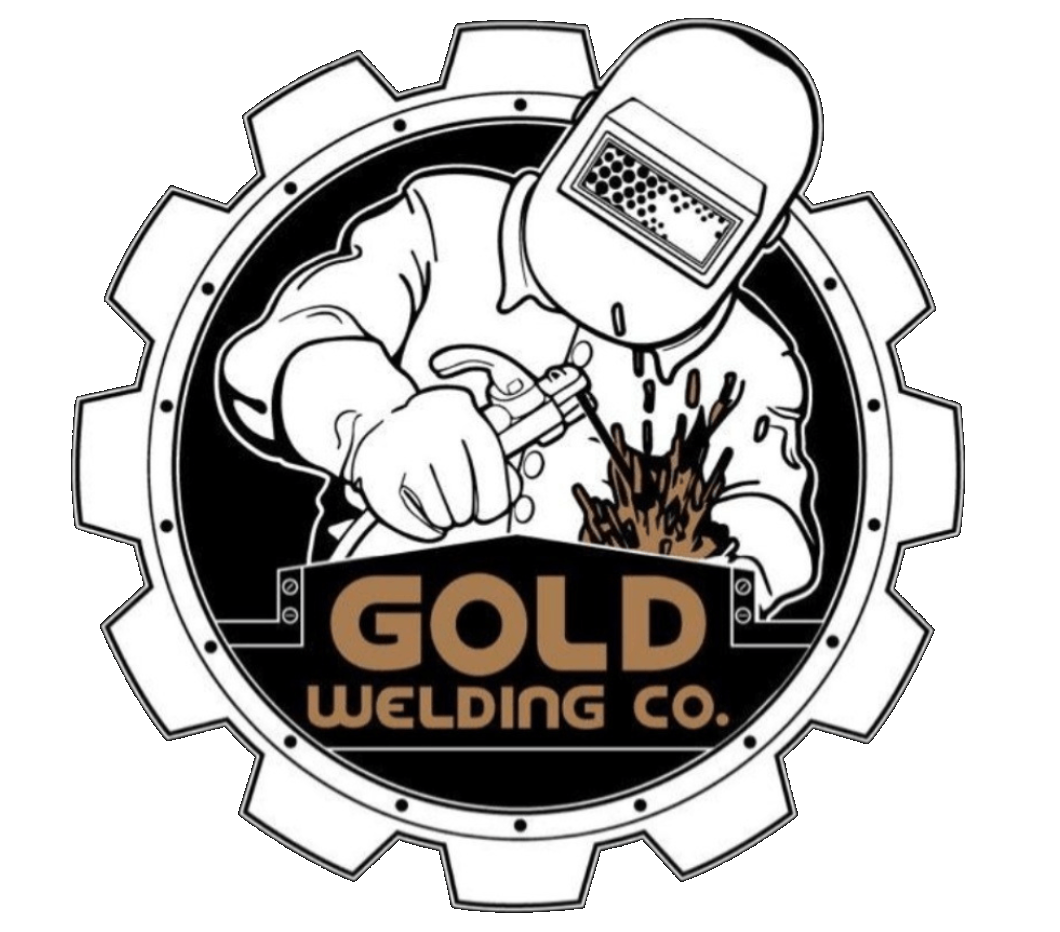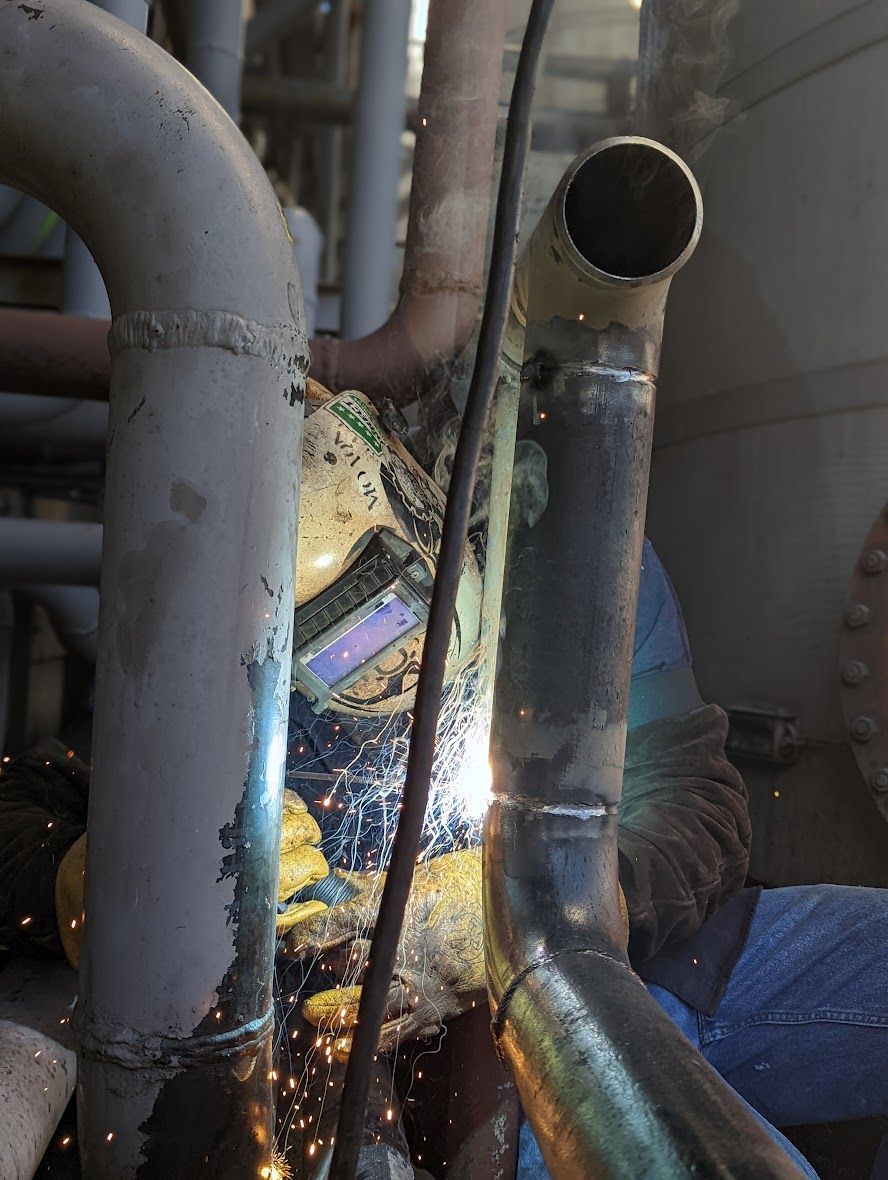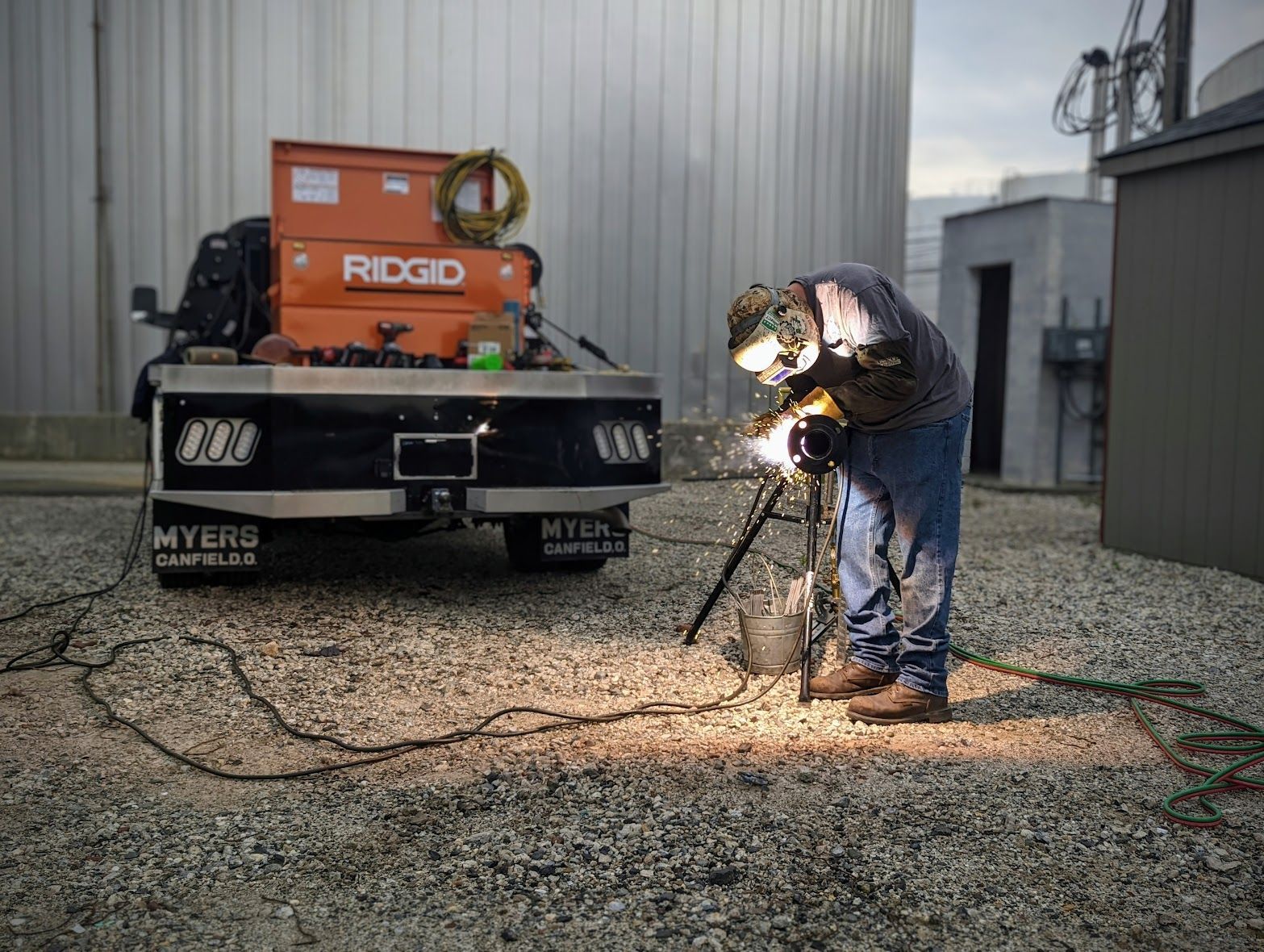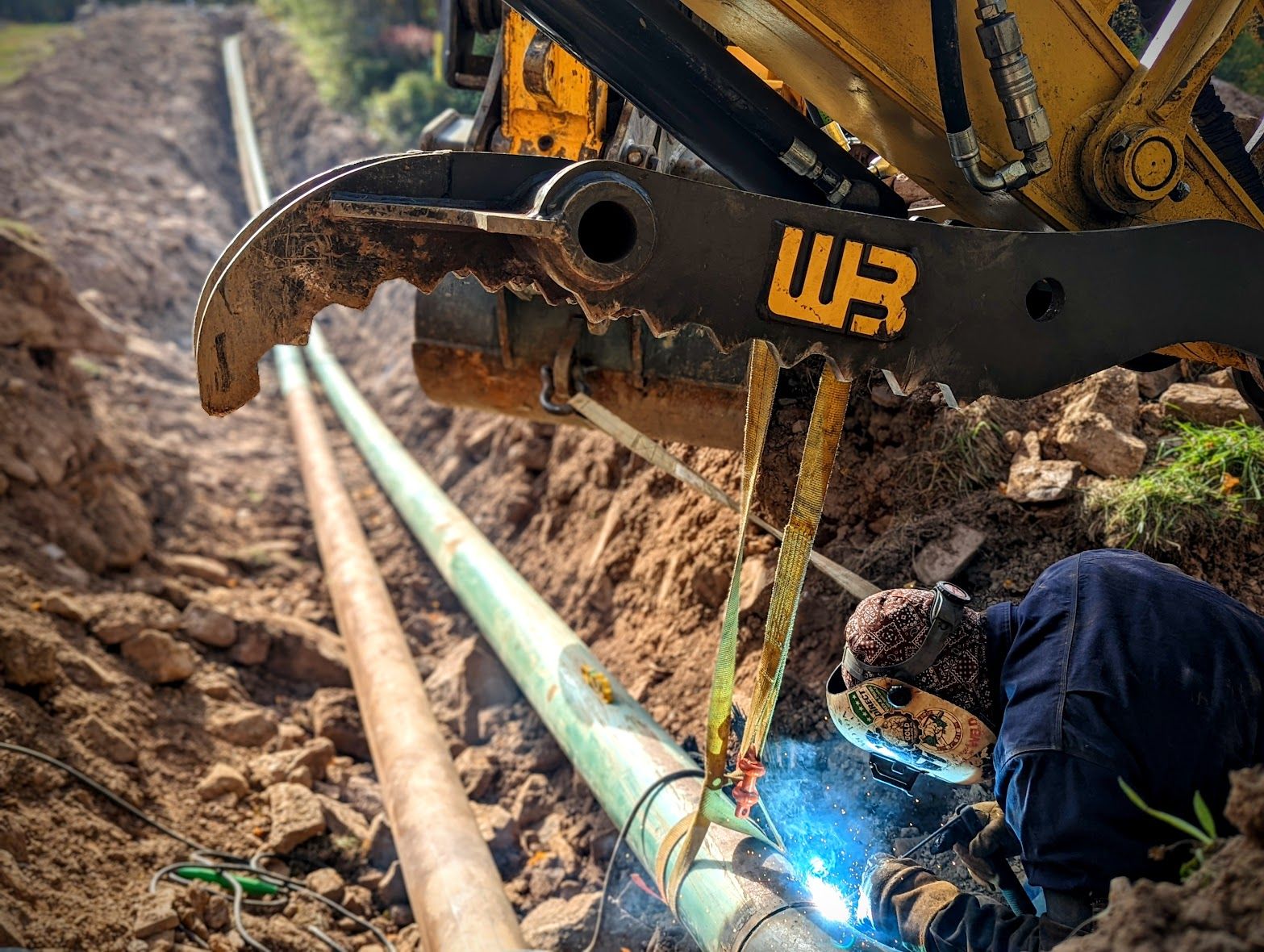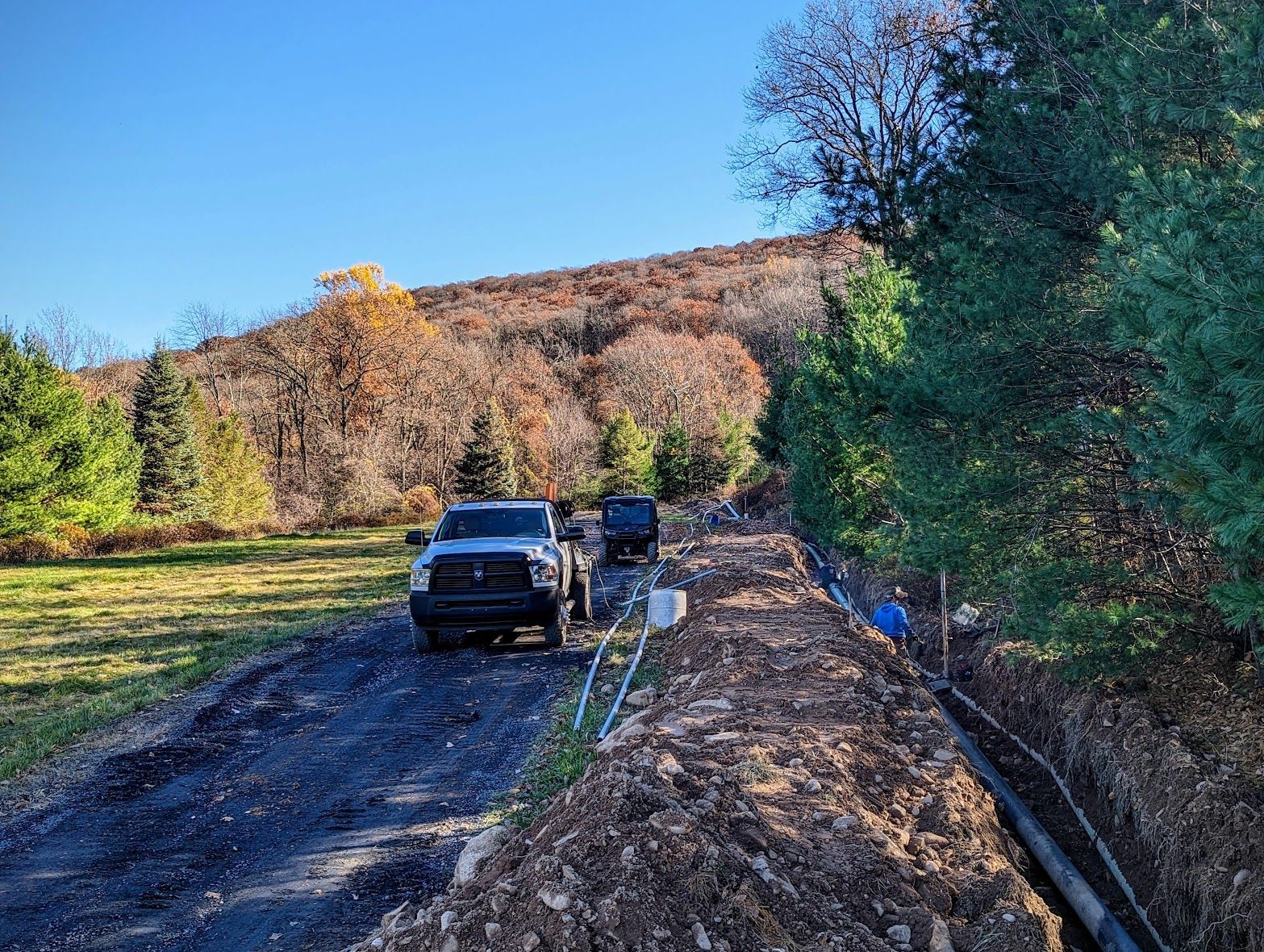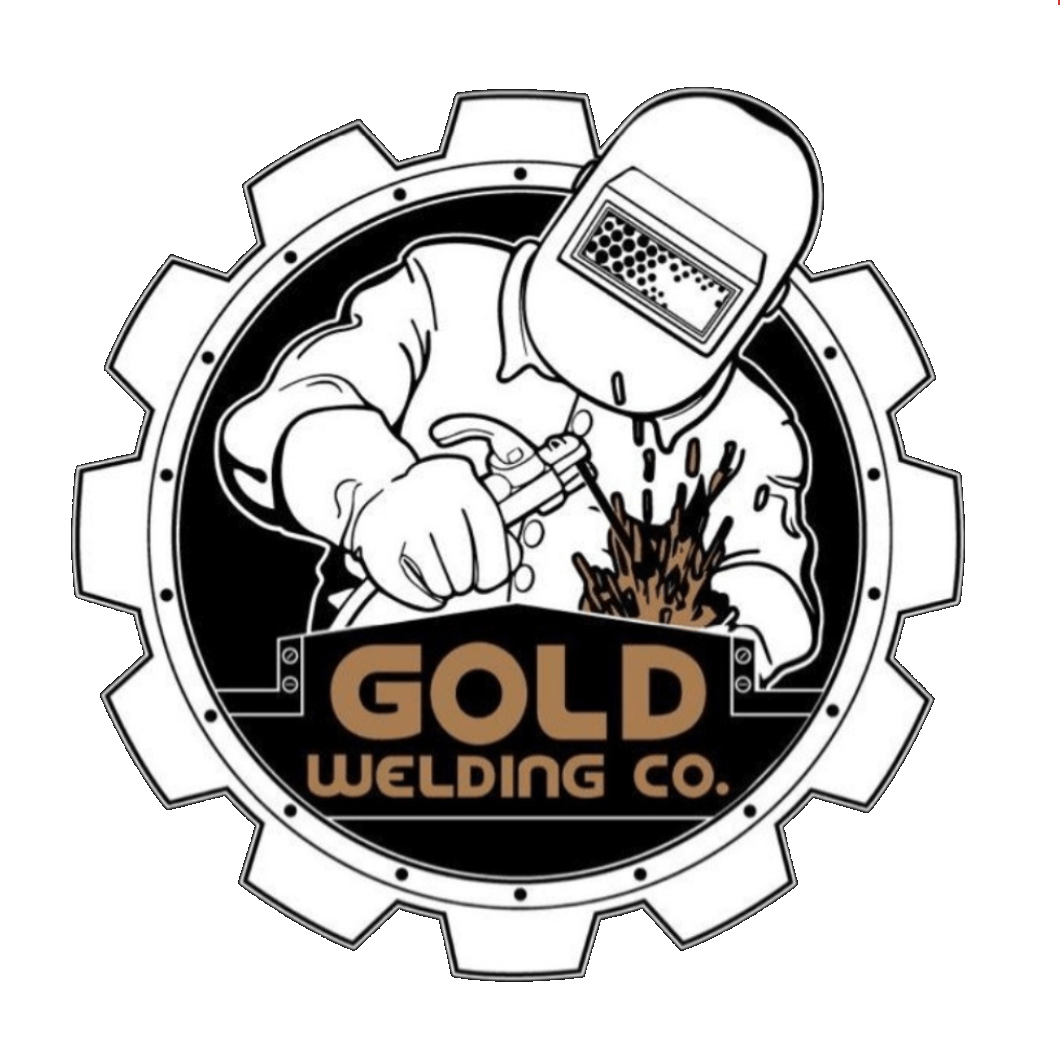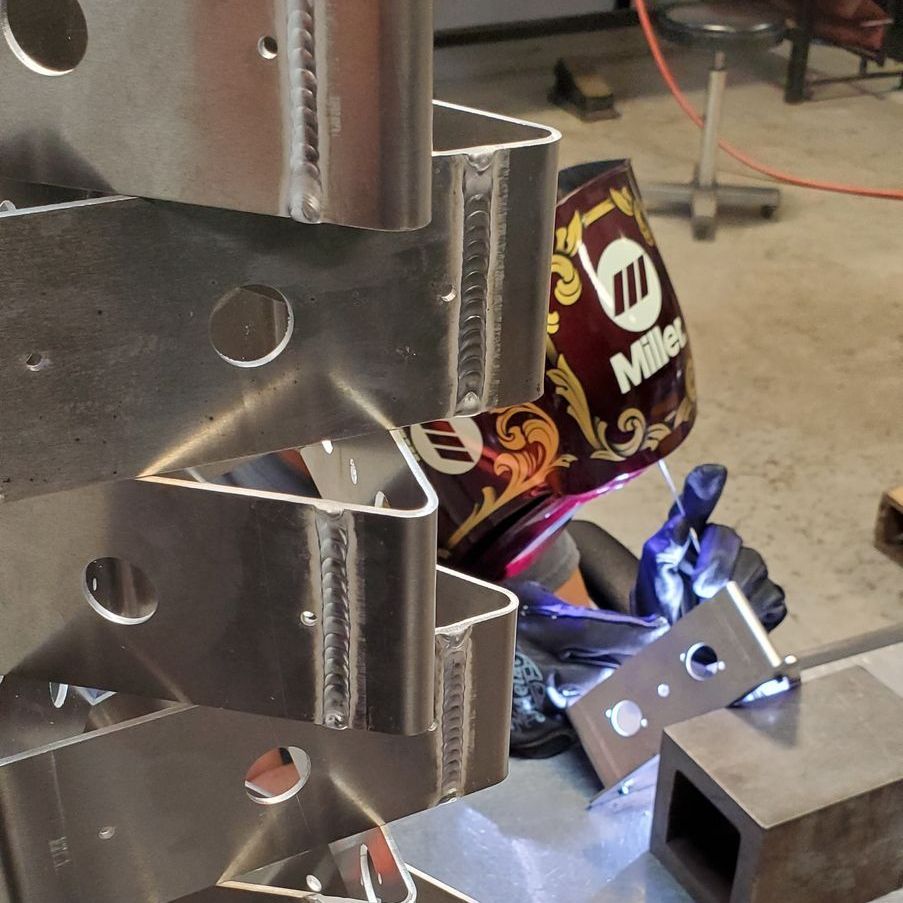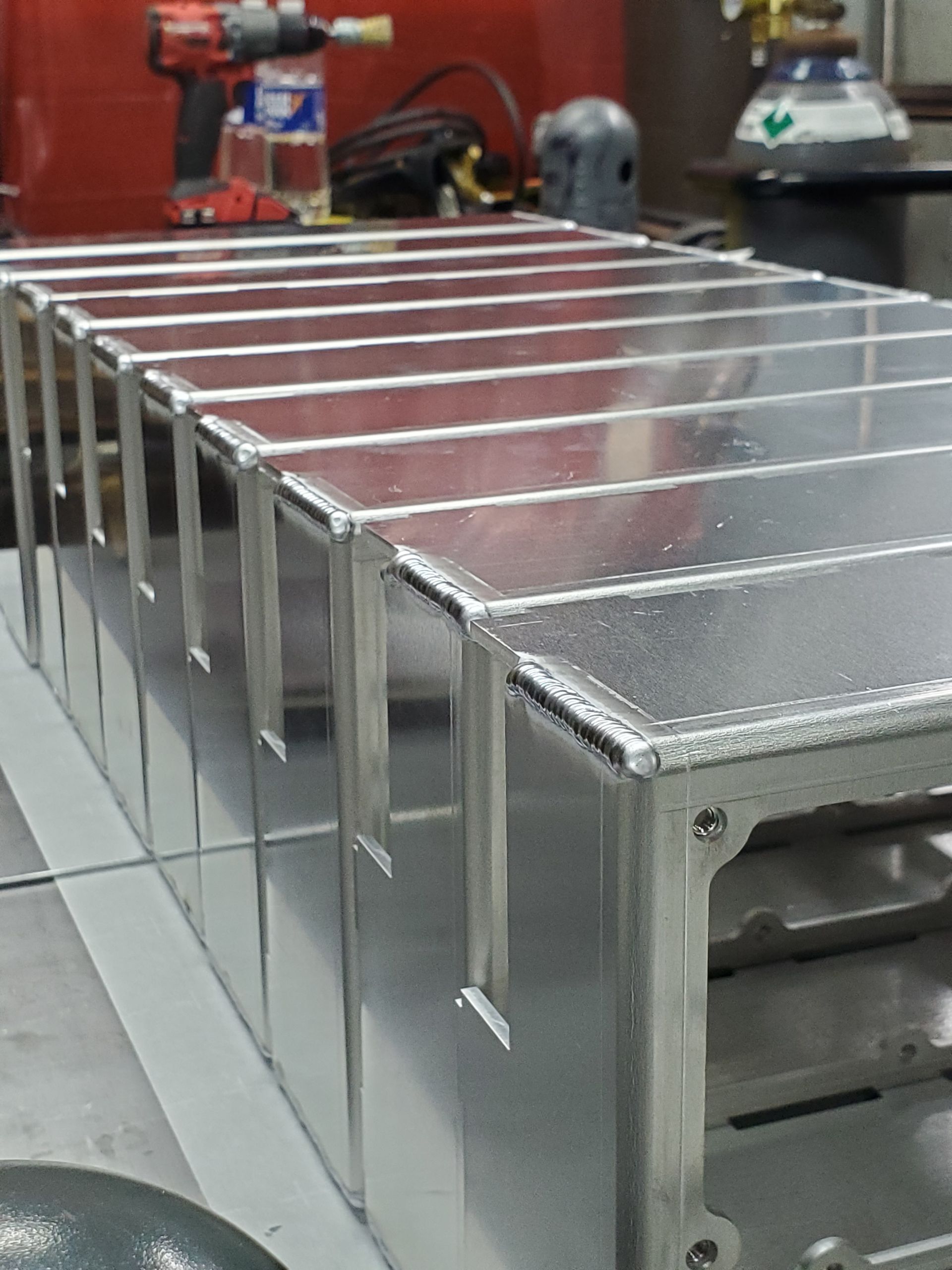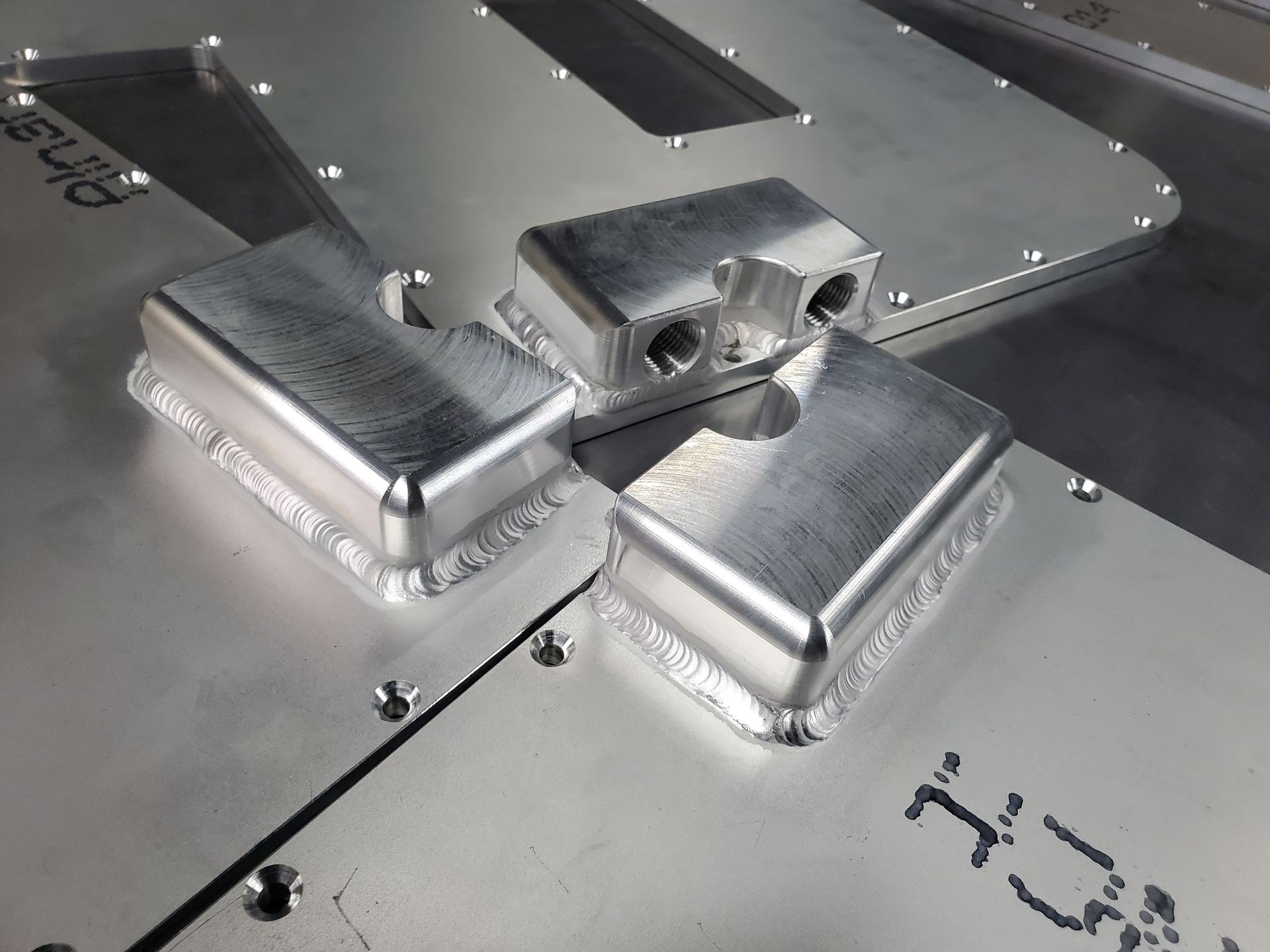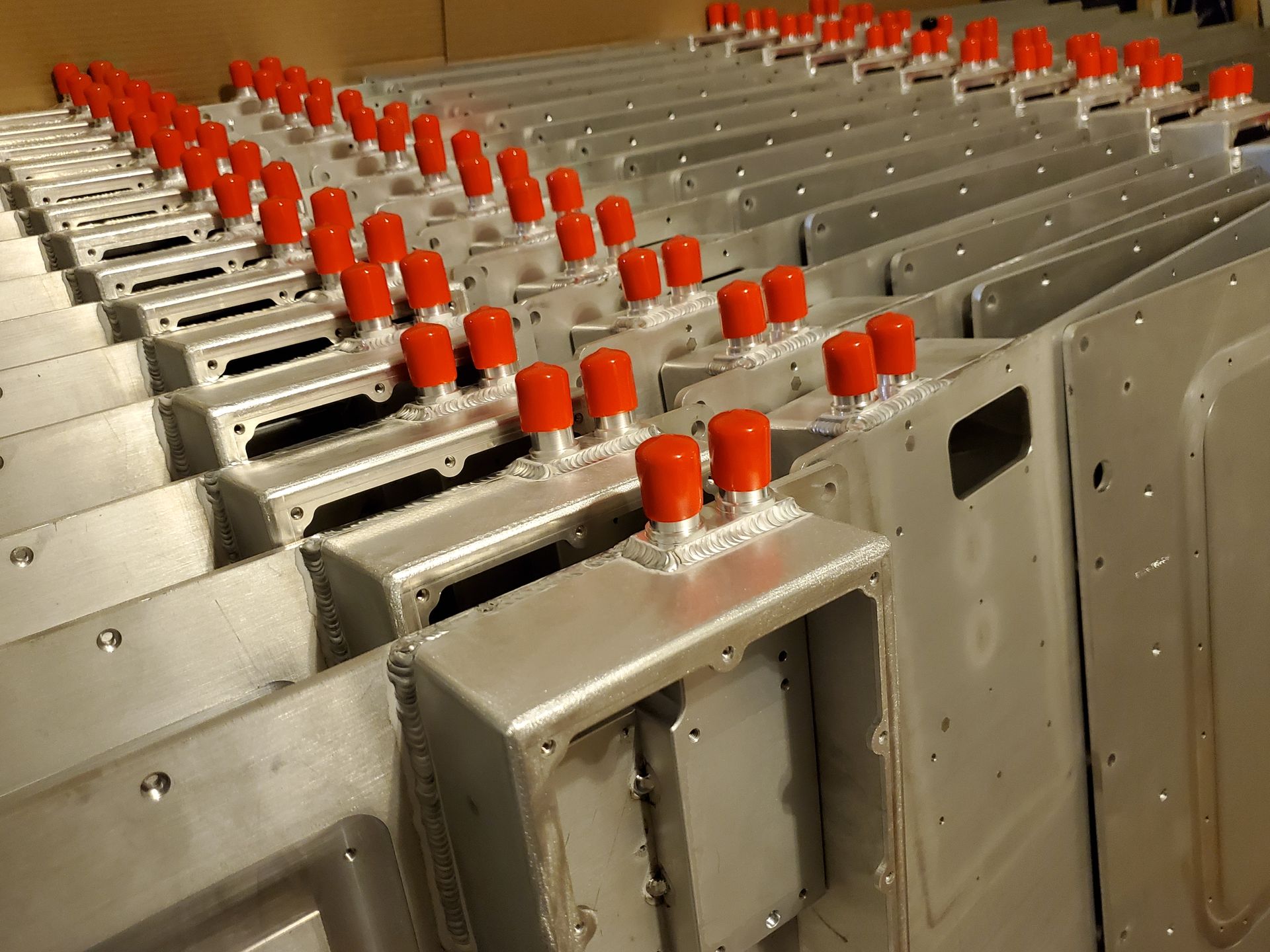ALUMINUM
Aluminum welding that stands the test of time.
Aluminum welding is the process of joining two or more pieces of aluminum using specialized welding techniques. Aluminum is a popular material in many industries due to its lightweight, strength, and corrosion resistance. However, welding aluminum requires specialized knowledge and expertise due to its unique properties, such as its high thermal conductivity, low melting point, and susceptibility to distortion.
One of the primary challenges of aluminum welding is controlling the heat input. Aluminum has a low melting point and high thermal conductivity, which means that it heats up and cools down quickly, making it difficult to maintain precise control over the welding process. We use specialized equipment and techniques such as pulsed welding, which allows for better heat control and reduces the risk of warping or distortion.
Another important factor in aluminum welding is the choice of filler metal. We select the appropriate filler metal based on the specific grade and composition of the aluminum being welded to ensure that the finished product has the desired properties of strength, corrosion resistance, and appearance.
Aluminum welding remains a crucial process in many industries, including aerospace, automotive, and construction. With our training, equipment, and expertise, we produce high-quality aluminum structures that meet the exacting standards of these industries. Aluminum welding is an essential component of modern manufacturing, allowing for the creation of lightweight, strong, and durable structures that are essential for a wide range of applications.
